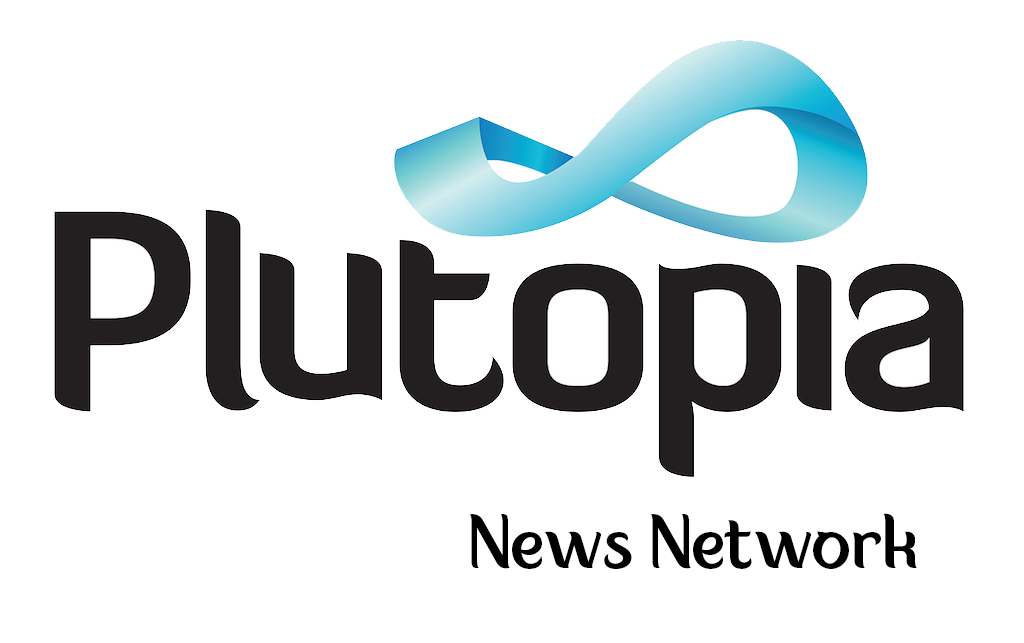David Weinberger joins the Plutopia podcast to weigh AI’s real strengths, especially pattern recognition, against its major dangers: hallucinations, bias, corporate power, and energy costs. He’s less focused on sci-fi doom than on how AI reshapes how we think about knowledge and ourselves. We dig into surveillance and facial recognition failures, “human-in-the-loop” debates in medicine and justice, job disruption, and whether copyright is the right tool for regulating training data.
Podcast: Play in new window | Download
David Weinberger:
I am less concerned, but I may just be wrong about this — I am less concerned about machine learning AI becoming conscious and consciously hostile to us and subjugating us. I cannot evaluate the risk of it in a non-malignant way, taking over for us. I mean, there’s some popular scenarios from very knowledgeable and responsible people saying, you know, this conceivably could… even if we tell it, do no harm to humans, only do good, do what’s good for humans… that it could come to very bad conclusions about what’s good for humans and get us into a situation that we don’t want to be in.

